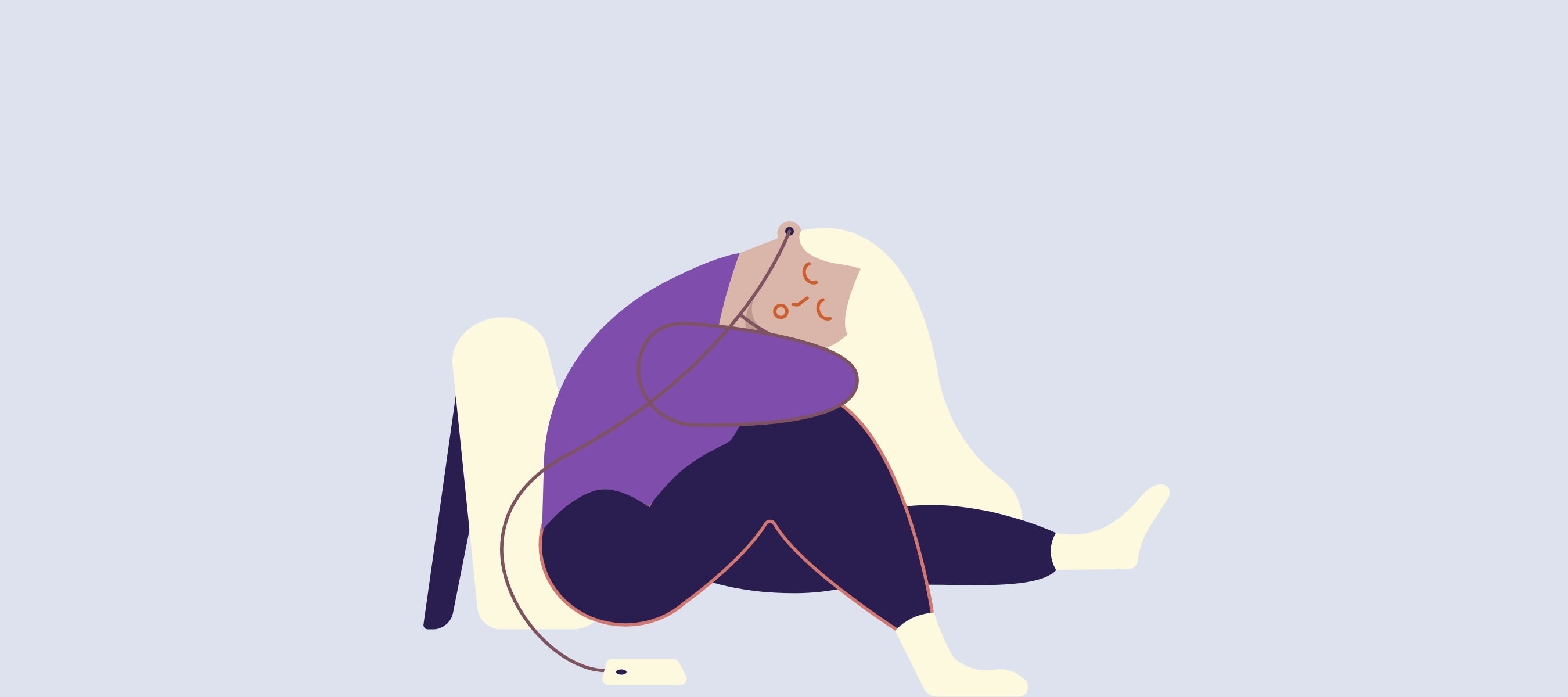Ah, the famous daylight-saving time transitions! If many of us appreciate the November one where we gain—in theory—one hour of sleep, we appreciate much less the March one, which makes us lose one... or even more if our biological clock is more sensitive.
But how can we enjoy better sleep during this period and, above all, how can we prepare for the time change? Polysleep has solutions for you!
Is it common to have trouble sleeping?
When you return to the office on the Monday morning after changing the time of day (forward or backward), you complain of feeling more tired and having trouble adjusting, and surprised(!), many other colleagues sympathize and tell you that they too feel their sleep cycle is disrupted.
Unlike Jerome's sympathetic pregnancy, your colleagues probably are having trouble with the time change too (although we'll always suspect some of them of false compassion).
In fact, it’s estimated that about one fourth of the population suffers from sleep disorders (e.g. insomnia), and these people are even more likely to feel the effects of the time change, as are young children and people with very rigid schedules. So no, you're not alone!
But why do we have trouble with time changes?
Whether it's moving the time forward or backward—or jet lag because of travelling—our sleep is invariably disrupted.
On top of that, in just a few decades, we've already lost one to two hours of sleep, partly due to screens and technology in general, and partly due to our increasingly hectic lifestyles.
So we are more sensitive to time changes, especially those that cause us to lose an hour of sleep, because we are already short of rest!

What are the consequences of time changes on the body?
They are numerous, and prevent you from enjoying optimal sleep, because of the hormonal disruptions that can occur; here are a few of them.
-
Seasonal Depression

At one time or another, we all complain about it: we get up when it's dark and we come home from work and it's still dark! While these few winter months make us grumpier, some people actually suffer from Seasonal Affective Disorder—we're talking about 2 to 3% of Canadians.
Fatigue, lack of energy, weight gain, sadness and difficulty concentrating are common from about October to April.
Seasonal depression can affect anyone: men, women, children, adults, young and old... and even your plants (no joke).
Light therapy (30 minutes a day) as well as antidepressants and vitamin D are some of the tools that can help you smile again!
-
Tiredness
Of course, this is a broad term, but being tired for several days can lead to bad moods, lack of concentration and even an increased risk of accidents!
-
Other repercussions on the body
An increase in temperature, blood pressure and heart rate, as well as a disruption of sleep patterns may also occur. All of this is starting to be quite a lot for sleep deprivation due to daylight-saving time changes, right?

What can we do to “survive” a time change?
Small daily gestures can help us counter the effects of time change on the sleep cycle. For example, going to bed about fifteen minutes earlier in the preceding days—especially for children—allows the body to attune itself more easily to the new time.
That way, you'll be less tired after the time change has occurred! Also, switch the time on all your clocks before going to bed on the night of the time change; it's always less difficult for your moral to wake up if the stove indicates 5:30 a.m. instead of 4:30 a.m.!
The use of melatonin, a natural sleep aid, can also be effective if you have difficulty falling asleep (because yes, it's possible to not be able to fall asleep even when you are super tired, especially if your body is disturbed by a change in time!). However, this solution should only be temporary!
By applying these little tips, you should quickly get back to sleep, and quality sleep at that! Also, make sure you have a comfortable bed and an environment that promotes relaxation!
The use of a high-quality mattress, such as a foam mattress, an ergonomic pillow, a room at the ideal temperature and the absence of electronic devices in the bedroom will also help you recover more easily from the time change and enjoy a restful sleep!
In conclusion, changing the time of day can affect our sleep and our health with:
- Seasonal depression,
- Temporary fatigue,
- Hormonal imbalances.
Take advantage of the opportunity to get some rest in the days before and after a time change with a quick power nap. You'll then have all the energy you need to accomplish your daily tasks!
Learn more about power napping like a pro!
If you liked our blog article, please don't forget to Share it with your friends by clicking the button below!










